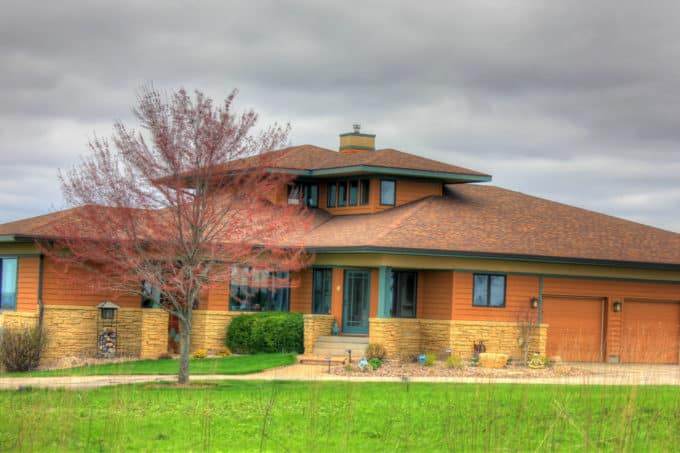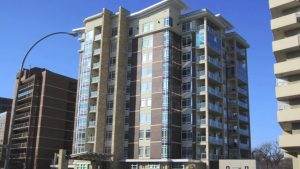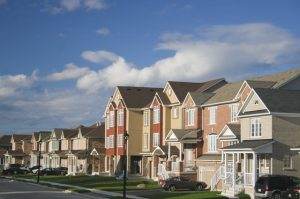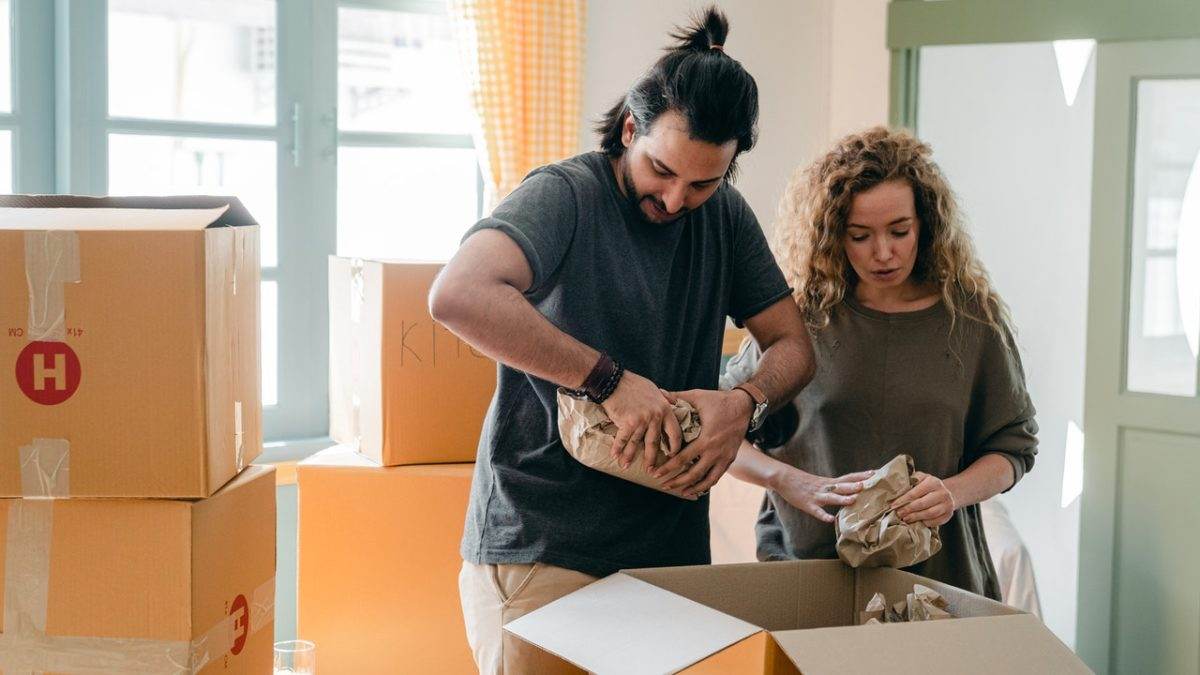There's no doubt that choosing a home is a big decision. As such, most home buyers find themselves obsessing over things like financials, renting or owning, building new or buying old, and looking for personal preferences.
However, there's another aspect of buying a house that is easy to overlook: the impact that your move will have on the environment. For better or for worse, here are five environmental impact considerations when selecting your next home.
Factoring the Footprint
Perhaps the most obvious element of a home's eco-friendly nature comes via its size. A 5,000 square foot mansion is naturally going to require a lot more heat in the summer and air conditioning the winter, especially when compared to some of the extreme alternatives, such as a tiny home.
As you consider what kind of home you're going to purchase, remember the different housing options available including:
- Condominium: A condo is a small home that can be purchased outright, although it remains connected to a larger structure. Most condos are on the smaller side and take less energy to heat and cool.
- Townhouses: While they share walls with the neighbors, much like an apartment or condo, townhouses are larger than either, though they're still smaller than some options and are good for a medium-sized family. A townhouse owner also owns the land or parcel on which the townhouse is built, similar to a single-family home.
- Mobile-homes: Mobile-homes may not be an ideal option for many people, but they certainly tend to be on the smaller side of the leger.
- Single-family houses: The term technically refers to any freestanding home where the owner owns the land around the structure. It's often used to refer to smaller “starter homes” that have limited space and tend to be just big enough for a new or growing family. However, larger single-family homes can quickly become environmentally prohibitive to operate.
- Tiny house: Finally, tiny homes are specifically built with an eye toward sustainability and efficiency. If you're willing to prioritize the eco-friendly factor above everything else, the minimal footprint of a tiny home is an excellent way to go.
Each of these kinds of homes has many pros and cons, but the varying size should always be a factor if you're striving to keep the environmental impact in mind.

Environmental Impact of Your Home
Assessing the Age
The age of a home can have many positive and negative factors. For instance, an older home is often built with thicker lumber and a strong foundation. However, when it comes to sustainability, newer homes tend to provide better environmentally-conscious benefits.
Take asbestos as a good example. If a home is older than 1980, there's a good chance that the dangerous chemical was used somewhere in the construction process. If that's the case, you may end up breathing it on a regular basis, and prolonged exposure can lead to further complications such as lung cancer and mesothelioma, due to the body's inability to break down the harmful substance.
While buying a home with asbestos isn't a deal-breaker, it may incur extra costs and activity to have it properly removed, which will further the environmental impact of purchasing and fixing your home.
Another good example comes in the form of older mobile-homes. While modern mobile homes are carefully insulated to preserve hot and cold air, those built before 1976 often have poor insulation and ductwork that spikes energy bills — harming the environment in the process.
Supporting Sustainability
Yet another important aspect of sustainability is considering the businesses that will be sustained through your home. This can take a couple of different forms.
On the one hand, you want to ensure that if you're planning on flipping a home or making major renovations, you choose contractors who openly embrace environmentally-conscious building practices.
On the other hand, if you're planning on running a business out of your home, make sure to gauge how your home can help you do so sustainably. For instance, can you use government tax credits to convert the power of the home to solar in order to run your business at low costs? Even if you simply use your home for business in order to avoid operating an extra workspace, it may ultimately help you support a sustainable business model.
Minimal Moving
Finally, there are many minor ways that you can be sustainable, regardless of the specific home that you choose. For instance, if you commit to using LED light bulbs, energy-efficient appliances, and low-consumption water fixtures, you can take any space and make it more eco-friendly. Planting greenery and trees is another way to increase the positive effect of your landscape.
In addition, look for ways to avoid moving activities that can be harmful to the environment. Don't hire movers who haven't made an effort to use sustainable practices and eco-friendly vehicles. If you move on your own, take advantage of every trip to your new home to bring belongings with you in order to avoid extra driving. Basically, look for any way that you can reduce the impact of your move on the environment.
Environmental Impact Link Between Your Home and the Environment
As you shop for a new home, make sure to keep these environmental concerns in mind. Everything from CO2 emissions from moving vans to the cost of heating larger homes should be taken into consideration.
These aspects should rightly be balanced against your own personal moving requirements. However, keeping the Earth in mind as you go along is a key element to moving in a responsible, sustainable manner.
 About the Publisher
About the Publisher
Bo Kauffmann is a residential real estate agent with over 18 yrs experience in helping buyers and sellers achieve their goals. Inducted into the REMAX Hall of Fame in 2010 and receiving the REMAX Lifetime Achievement Award in 2019, Bo has sold over 500 houses and condos in the Greater Winnipeg market. He is an accredited buyer representative (A.B.R.) and a Luxury Home Marketing Specialist.
Bo provides exceptional service to First-Time Home-Buyers, Seniors looking to downsize and Home Sellers of all ages.
He can be reached easily By E-Mail or call/text him Call/Text Here
Never miss an episode of our real estate podcast. Install our FREE Podcast App available on iOS and Android. For your Apple Devices, click here to install our iOS App. For your Android Devices, click here to install our Android App. Check my videos on Youtube





